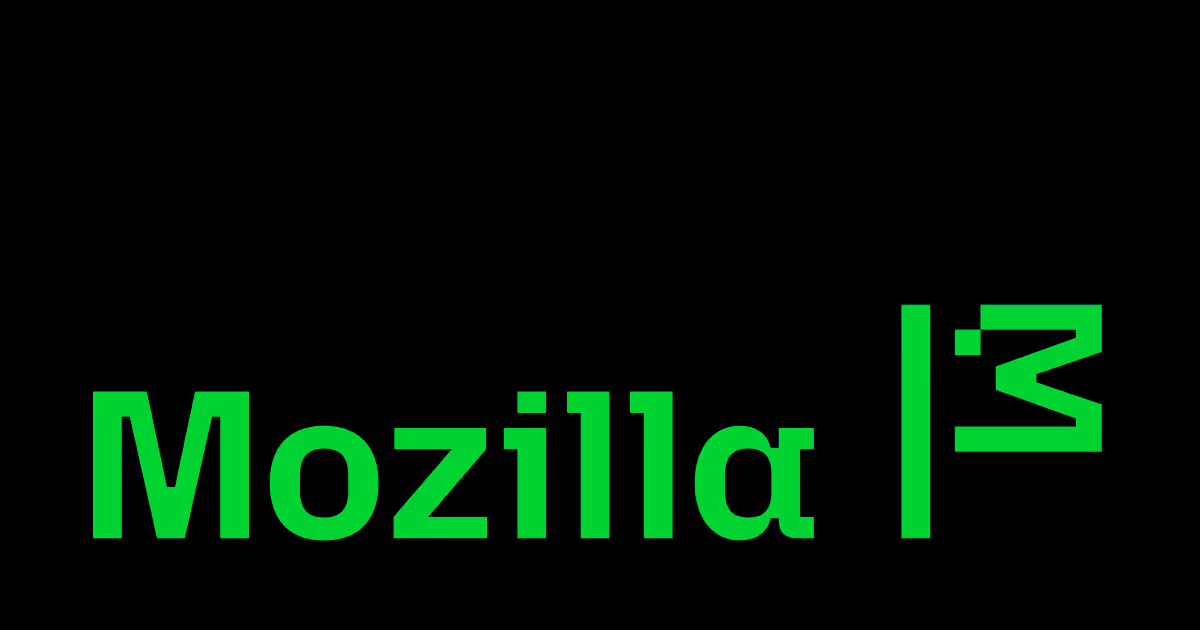
Mozilla envisions a future where the internet remains a universal, open platform for innovation, empowerment, and human connection. Our mission is rooted in the belief that the web belongs to everyone and that technology should be built with people at its core, fostering accessibility, privacy, and trust.
We are forging this future by championing open-source software and developing tools that respect user autonomy and security. Through products like Firefox and Thunderbird, alongside cutting-edge research in internet health and trustworthy AI, we create technology ecosystems that enable everyone—from individual users to global developers—to participate freely and safely in the digital world.
At Mozilla, we’re committed to advancing an internet that promotes opportunity and openness, ensuring it remains an engine of learning, creativity, and community for generations to come. Our work is driven by the principle that technology should be a force for good, empowering people everywhere to shape their online experiences with confidence and control.
Our Review
We've been following Mozilla for years, and honestly, they're one of those rare tech companies that actually walks the walk when it comes to putting users first. While Big Tech fights over your data, Mozilla has quietly built an empire around the radical idea that the internet should belong to everyone—not just the highest bidder.
The Underdog That Won't Quit
What strikes us most about Mozilla is their stubborn refusal to compromise on principles, even when it costs them market share. Firefox could easily follow Chrome's playbook and hoover up user data, but instead they've doubled down on privacy features that sometimes break websites. That's either admirable or crazy—we lean toward admirable.
Their origin story reads like a tech fairy tale: Netscape employees deciding to open-source their browser code in 1998, creating what would become Firefox. The fact that they named it after a mashup of "Mosaic" and "Godzilla" tells you everything about their scrappy, take-on-the-giants mentality.
Why Their Business Model Actually Works
Here's where Mozilla gets interesting from a business perspective. They've cracked the code on being both nonprofit and sustainable—the Mozilla Foundation handles the mission-driven work while Mozilla Corporation generates revenue (mostly from search partnerships) and funnels profits back to the cause.
It's essentially a perpetual motion machine for internet idealism. Google pays them hundreds of millions to be Firefox's default search engine, and Mozilla uses that money to build tools that compete with Google. Only in tech, right?
What They're Getting Right
Mozilla's real genius lies in playing the long game. While other companies chase quarterly growth, they're building infrastructure for an open internet that might not pay off for decades. Their work on trustworthy AI and internet health research feels like the kind of unglamorous but crucial work that everyone benefits from.
Firefox itself has become something of a Swiss Army knife for power users—offering containers for isolating Facebook, enhanced tracking protection, and developer tools that actually respect your workflow. It's not always the fastest or prettiest browser, but it's the one that doesn't feel like it's constantly trying to monetize your eyeballs.
Who Should Care
If you're the type of person who reads privacy policies (or at least feels guilty about not reading them), Mozilla's products are worth your attention. They're perfect for developers, privacy advocates, and anyone who remembers when the internet felt less like a surveillance capitalism experiment.
That said, Mozilla isn't for everyone. If you just want things to work seamlessly with your Google or Apple ecosystem, Firefox might feel like swimming upstream. But sometimes swimming upstream is exactly what the internet needs.
Feature
Open-source browser software (Firefox)
Privacy-respecting and secure web browsing
Email client (Thunderbird)
Research and tools for internet health and trustworthy AI
Support for developer innovation via open-source code








